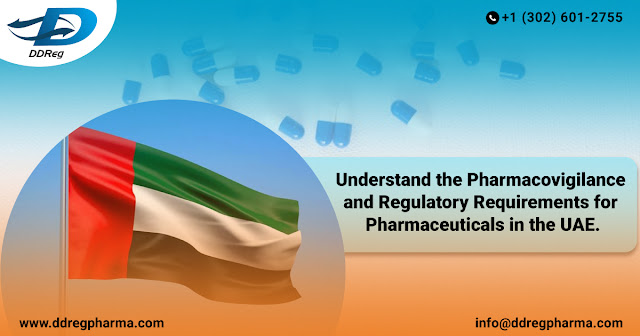Understand The Pharmacovigilance and Regulatory Requirements For Pharmaceuticals in the UAE
Introduction to Pharmacovigilance Services in UAE
Pharmacovigilance is the science and activities related to the detection, assessment, understanding, and prevention of adverse effects or any other drug-related problems. This critical field ensures that pharmaceuticals remain safe for the market, continually assessing drugs even after they have been approved and are in use.
Regulatory Services in UAE
The primary regulatory body responsible for pharmaceuticals in the UAE is the Ministry of Health and Prevention (MOHAP). This authority oversees all aspects of healthcare, including the approval of new drugs, post-market surveillance, and the implementation of pharmacovigilance systems.
Registration and Approval of Pharmaceuticals
Before any drug can be marketed in the UAE, it must undergo a rigorous registration and approval process. This includes a detailed review of its safety, efficacy, and quality. The process typically involves several steps:
Pharmacovigilance Obligations
Once a drug is approved, pharmaceutical companies have ongoing pharmacovigilance obligations:
Challenges and Opportunities
Implementing effective pharmacovigilance in the UAE presents both challenges and opportunities. The region's diverse population and rapid economic growth complicate drug safety monitoring. However, this also provides a unique environment to study drug efficacy and safety across varied genetic backgrounds and environmental factors.
Technological Integration
The UAE is at the forefront of integrating technology into healthcare. The use of artificial intelligence (AI) and machine learning in pharmacovigilance Services is growing, helping to predict potential drug interactions and adverse effects more efficiently. This integration not only enhances drug safety monitoring but also aligns with the UAE's vision to become a hub for innovation and technology in healthcare.
Conclusion
Understanding and adhering to the pharmacovigilance and regulatory requirements in the UAE is essential for pharmaceutical companies operating in the region. While the regulatory framework is robust, continuous updates and the integration of new technologies are key to ensuring the safety of pharmaceutical products. As the UAE continues to advance its healthcare infrastructure, staying informed and compliant with these regulations will be crucial for the success of pharmaceutical enterprises.
Through vigilant monitoring and adherence to regulatory services, the pharmaceutical industry can ensure the delivery of safe, effective, and high-quality medications to the people of the UAE, ultimately contributing to the health and well-being of the community.


Comments
Post a Comment